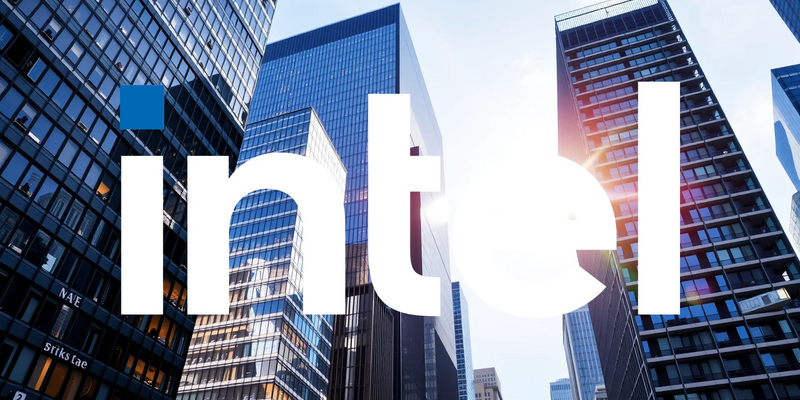Intel Faces Espionage Allegations and Policy Headwinds
22.11.2025 - 08:41:05Intel finds itself navigating turbulent waters as fresh controversies threaten to disrupt its strategic ambitions. While the company's shares managed a modest recovery on Friday, closing at €29.94 with a 2.6% gain, underlying tensions persist. The chipmaker confronts serious allegations of corporate espionage involving its rival TSMC, creating uncertainty for investors.
At the heart of the controversy is Intel's recruitment of manager Lo Wen-jen from industry leader TSMC. Taiwanese prosecutors have initiated an investigation into whether sensitive company secrets were transferred to the U.S. semiconductor firm during this executive transition.
Intel's CEO Lip-Bu Tan moved quickly to address the allegations, issuing a categorical denial on Friday. "We respect intellectual property," Tan emphasized in an effort to calm concerns. The timing presents significant challenges for Intel as it aggressively expands its foundry operations to compete directly with TSMC. A protracted legal battle could not only damage the company's reputation but also complicate future talent acquisition efforts in the highly competitive semiconductor sector.
Legislative Pressures Compound Existing Concerns
Beyond the legal dimensions, Intel faces additional complications from proposed U.S. legislation. The recently introduced "Chip EQUIP Act" would impose restrictions on recipients of government funding, prohibiting them from purchasing Chinese equipment for ten years.
Should investors sell immediately? Or is it worth buying Intel?
This development poses particular difficulties for Intel, which relies heavily on support from the "CHIPS Act" and other government initiatives. The potential supply chain complications could drive up costs for machinery used in less critical process steps, further constraining the company's financial flexibility.
Market Analysts Question Foundry Strategy
Despite Friday's share price improvement, underlying market sentiment remains cautious. Earlier selling pressure was partly triggered by a critical assessment from Citi analysts, who expressed skepticism about the profit potential of Intel's Foundry Services (IFS) division.
Market experts worry that potential major clients such as Apple or Qualcomm might only utilize Intel for chip packaging services rather than outsourcing more lucrative wafer manufacturing. Without these higher-margin contracts, the substantial investments Intel has made in recent years may prove difficult to justify financially.
The situation remains fluid as developments in Taiwan could significantly impact Intel's near-term prospects. Should the industrial espionage allegations gain substance, the recent stock recovery could quickly reverse. Until Intel can demonstrate concrete successes with its crucial "18A" manufacturing process, the company's shares remain vulnerable to both political developments and legal proceedings.
Ad
Intel Stock: Buy or Sell?! New Intel Analysis from November 22 delivers the answer:
The latest Intel figures speak for themselves: Urgent action needed for Intel investors. Is it worth buying or should you sell? Find out what to do now in the current free analysis from November 22.
Intel: Buy or sell? Read more here...


